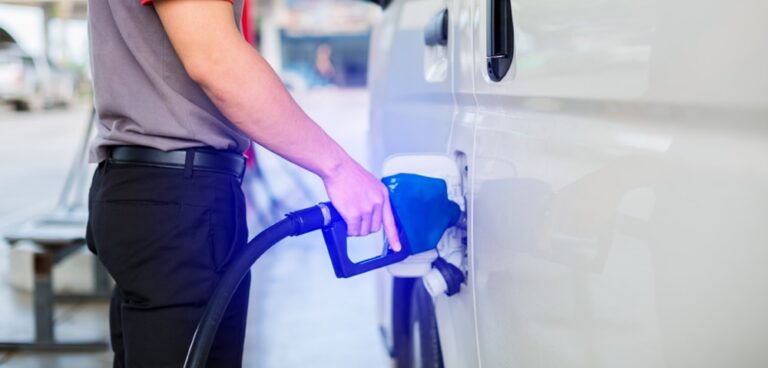Leading fuel card provider fuelGenie is urging businesses to switch to fuel cards in 2023 and make major savings as price gaps on the forecourt continue to expand.
The pence per litre gap between supermarkets and other suppliers is growing, with those choosing to fill up at supermarkets enjoying savings of up to several pounds per tankful against some alternative suppliers.
This is good news for SMEs and fleet operators who take action to ensure their vehicles are fuelled at supermarkets rather than elsewhere.
Tony Burgess, Director, Merchant Network at fuelGenie explains: “Supermarkets have come under fire from some motoring organisations in recent weeks over their pricing policies for fuel. However, many of them have now taken positive action and that means that, in many cases, substantial savings can be made by filling up at a supermarket when compared with other outlets.
“For companies operating fleet vehicles, or where employees are using their own vehicles for company business, it makes sound business sense to ensure that vehicles are refuelled at the most cost-effective outlets.”
Tony Burgess suggested that the introduction of fuel cards which are only valid at supermarket fuel outlets will go a long way towards ensuring that the lowest possible prices are paid when fueling up.
“Fuel cards for exclusive use at supermarket outlets will enable companies to enjoy the best deals. These outlets are plentiful so it is not going to mean a lot of searching, especially as there are now apps which show the prices at each retailer’s outlet and so facilitate scheduling of a fuel stop to get the lowest price.”
Tony Burgess adds that those making the leap and switching to fuel cards can expect to enjoy a host of other benefits well beyond the lowest possible fuel costs.
“Fuel cards slash the administration burden immediately as it removes the need for individual drivers to fill in expense forms and remember to keep receipts. Companies receive a HMRC approved consolidated invoice so staff are freed up to focus on other value-adding tasks rather than processing expense claims and reclaiming VAT. The information received will also provide a clear picture around how often vehicles are being fuelled and how much fuel is being put into them, itself giving valuable insight into how efficiently vehicles are being driven.
“Individual staff are no longer out of pocket and having to wait for reimbursement, which many will welcome in the current economic climate.
“A further benefit is that, as fuel cards can only be used for purchasing fuel, other items such as food and beverages can’t be charged to them. This hidden cost is something that many companies will not even have been aware of, but we have found that many customers see significant reductions in outlay when the option of buying other items at the same time as fuel is no longer available to their staff.”
Tony Burgess concludes: “Many of the enquiries we are now receiving are from companies who had never even considered fuel cards before – but we believe that switching to fuel cards is one resolution they will want to keep.
“Those requiring even greater flexibility can consider a service such as fuelGenie+, which allows drivers to fuel up at most Shell service stations as well as supermarkets – more than 2,200 petrol stations nationwide. Many of these are open 24/7, where drivers can stop, refuel and refresh at any time of the day or night. There are also greater options for access for larger vehicles at selected locations.”
We should consider a mention to customers who may require more flexibility, mentioning fG+ and a link off? It’s a great upsell for customers who may be switched off by only supermarkets and want added flexibility to offer an option of most Shell sites, whilst still having the other benefits mentioned in this release?
Click here to discover more about savings achievable by switching to fuel cards.



